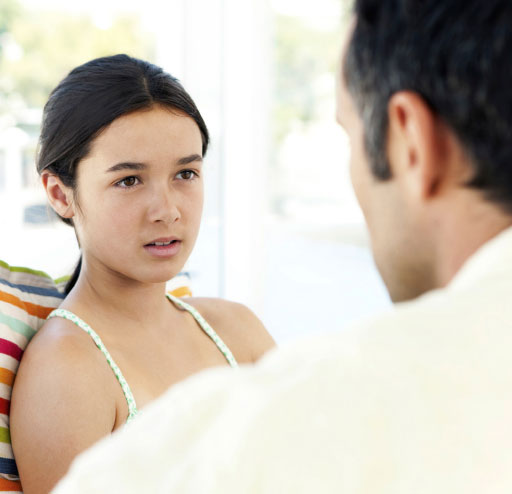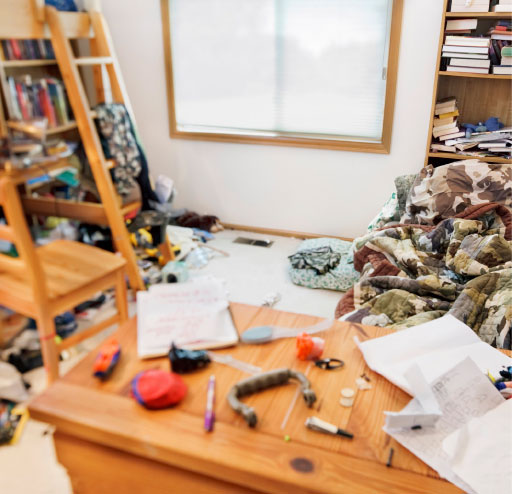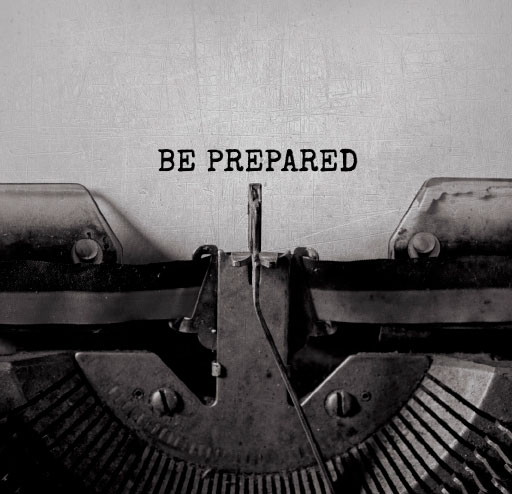Download a printable copy of this article (PDF 409KB)
“Shame is the most powerful, master emotion. It’s the fear that we’re not good enough.”
– Dr Brene Brown
 Getting the news from the school that your child has been doing something unsavoury, like bullying, causes immense distress to parents and carers. It is worth being ready with some strategies that can make a real difference in case that news arrives.
Getting the news from the school that your child has been doing something unsavoury, like bullying, causes immense distress to parents and carers. It is worth being ready with some strategies that can make a real difference in case that news arrives.
- Take note of your own shame response.
The feelings that most parents and carers experience when they learn that their child has been bullying are shame and embarrassment. In that moment, it’s very difficult to come up with the right thing to say or do. Take some time. Allow that emotion to subside so that you can think straight again before you determine a way forward. - Open up the discussion.
Sending your child to their bedroom to think about it while you handle the situation is not likely to give you a full account of what’s really happened. Ask plenty of questions and ask clever and open questions that encourage your child to safely disclose what’s really occurred. Examples of questions you can ask are- How long has this been going on?
- Who else has been affected by this?
- Which staff members at the school would already know about this problem?
- What ideas do you have for solving this?
- Work with the school.The school and you have the same goal, and that is for your child to learn a lesson, to take responsibility and to move out into the world, capable of preventing this behaviour from happening again. It makes sense then that you work together on the same strategy.
- Stay in the business of thinking change.
When you are working towards a behavioural shift, thinking about it first is vital. None of us woke up this morning suddenly on a diet and eating half a grapefruit. We have to think about that shift first. The best way to get your child thinking about it is to make sure that you keep asking clever questions. For instance, ask:- What’s this all about?
- Who do you think has been most affected by this?
- How are you going to clean up this mess?
- Help your child to take responsibility for the harm.
Rather than allowing your child to endure a punishment you have chosen, or being the parent or carer who heads to the school to fight on your child’s behalf, use your role to help your child to take responsibility themselves. Provide them with all the help and support they need to clean up the relational mess they’ve made. That’s responsibility. - Encourage sweaty apologies.
A fake apology isn’t good enough for any bullying incident, yet that is often the outcome. Encourage your child to step up, to do something meaningful, to do something that takes effort, to do something that is permanent for the person that they harmed. Writing a letter, recording a video, doing them a favour or helping them out with a task are great ways to repair relatonships. - Be specific about what you want changed.
Young people are simply confused when you talk in terms of being more tolerant, respectful or responsible. Be very specific about the words you want used and not used. Be clear about the actions that you wish them to use and those that are unacceptable to you.








